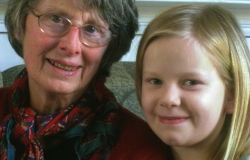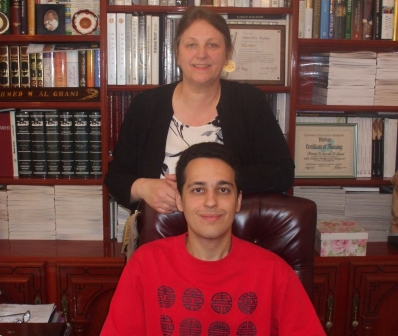Liz Hoggarth: Outcome evaluation – help is on the way
“Many of us react instinctively against further demands to produce evidence, especially quantitative information – we know all too well that progress with clients is made up of tiny, often faltering, steps forward that are extremely difficult to demonstrate or quantify. There are downsides to the outcomes approach as there are to other systems of planning and evaluation. But the question of outcomes is a perfectly legitimate one. The number of visits made to a family is beside the point if the risks are not picked up and appropriate interventions are not identified to begin to help people deal with the problems. The number of counselling sessions provided is hardly important if in the end they made no difference for the person seeking help. We must address outcomes in order to improve services.”









